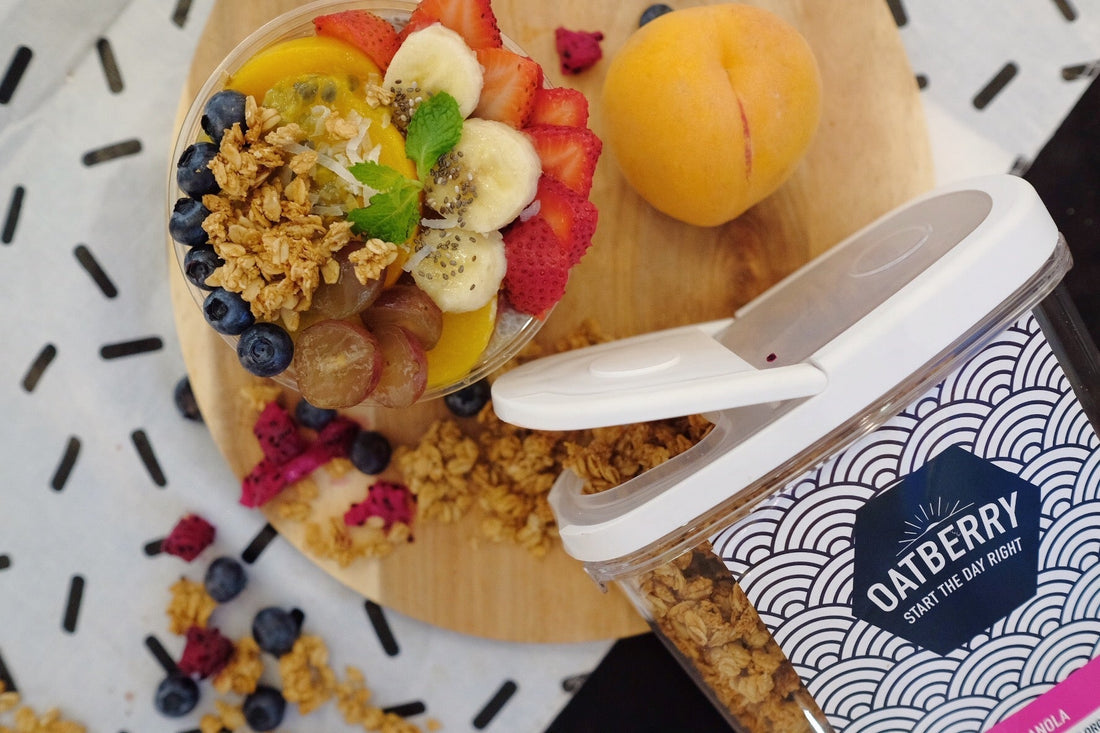
Is Eating Too Much Granola Unhealthy?
Share
Granola is often celebrated as a healthy snack or breakfast option thanks to its blend of oats, nuts, seeds, and dried fruit. These ingredients are packed with fiber, healthy fats, and essential micronutrients like vitamin E, magnesium, and iron, making it a nutrient-dense food. However, like all foods, moderation is key to maximizing its health benefits.

Dark Chocolate Gluten Free Granola - Buy a pack now!
The Potential Downsides of Granola
While granola can provide significant nutritional value, consuming it in excess may negate its health benefits. Many commercial granola options contain added sugars, refined oils, and artificial additives, which can transform an otherwise wholesome snack into a calorie-dense treat. Consuming too much sugar can contribute to weight gain, and increase the risk of heart disease, diabetes, and other metabolic issues.
-
Source: American Heart Association discusses the effects of sugar and processed ingredients in granola, warning that excess consumption can have negative health impacts.
Granola and Portion Control
Choosing a granola made with whole, natural ingredients is crucial for avoiding unnecessary additives. Oatberry’s granola has gone through 2 years of R&D (Research & Development) to develop our special recipe with the highest benefits, with the lowest sugar (only natural sugars) and delicious taste and flavour. By being mindful of portion sizes and opting for more wholesome products, you can enjoy granola while maintaining a balanced diet.
-
Source: Harvard T.H. Chan School of Public Health provides insights on the nutritional content of granola and the importance of moderation when consuming nutrient-dense foods.

Maple Pecan Gluten Free Granola - Buy a pack now!
In conclusion, granola can be a healthy option when consumed in moderation. Choosing products like Oatberry, which are made with whole, organic ingredients, ensures that you’re not consuming excess sugars or unhealthy fats often found in conventional granola brands.
